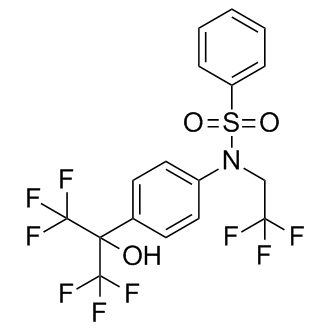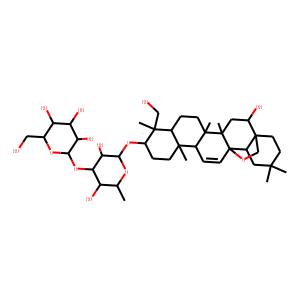LXR
Liver X Receptors (LXRs) are nuclear receptors that regulate the expression of genes involved in cholesterol, fatty acid, and glucose metabolism. They function as cholesterol sensors, controlling the body's internal balance of cholesterol by modulating its transport, excretion, and conversion to bile acids. LXRs exist in two forms: LXR-alpha, which is predominantly found in the liver, adipose tissue, macrophages, and the brain, and LXR-beta, which is expressed ubiquitously. Activation of LXRs promotes reverse cholesterol transport and reduces inflammation, making them a target for therapeutic interventions against cardiovascular diseases. Additionally, they influence glucose metabolism and have implications for diabetes management, highlighting their potential as multifaceted regulators in metabolic diseases.


